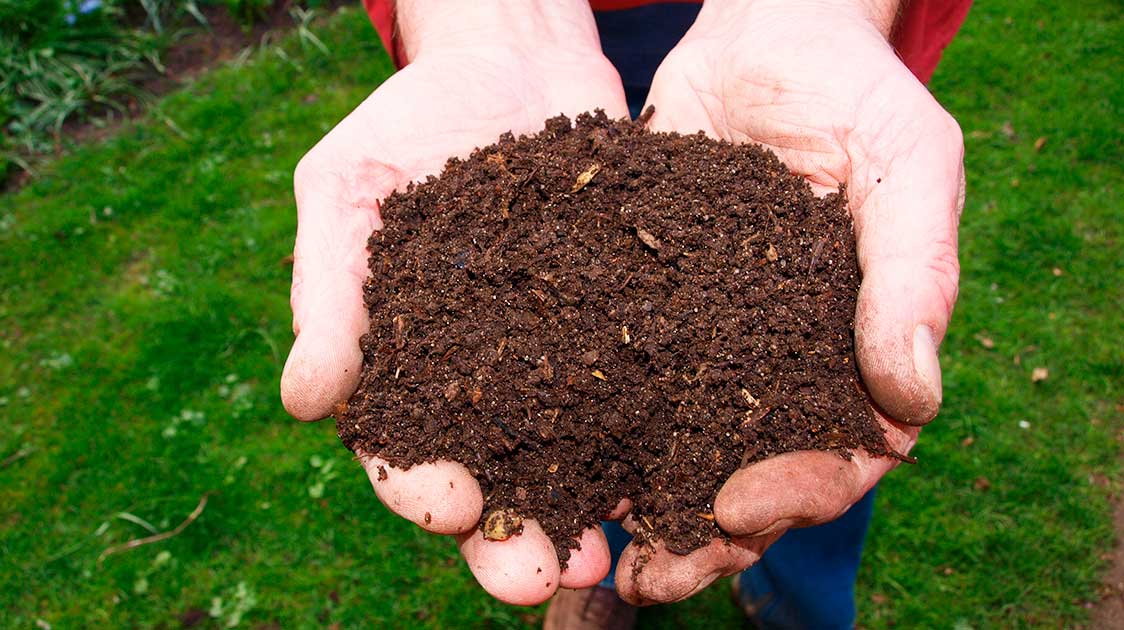
Washington just became the first US state to legalize human composting (also known as recomposition).
But is it all it´s cracked up to be? At Bios Urn® we were very excited to hear about further innovation and more alternatives within the burial industry, and wanted to find out more.
What is human composting
Under the new law, people there can now choose to have their body turned into soil after their death.
The process is seen as an alternative to cremations and burials, and as a practical option in cities where land for graveyards is scarce. At Bios Urn® we are definitely all for this!
At the end of the composting process, loved-ones are given the soil, which they can use in planting flowers, vegetables or trees.
The current process consists in placing a body in a hexagonal steel container filled with alfalfa, wood chips and straw. The container is then shut, and the body decomposes naturally within 30 days, creating two wheelbarrows’ worth of soil.
The process of human composting is also legal in Sweden.
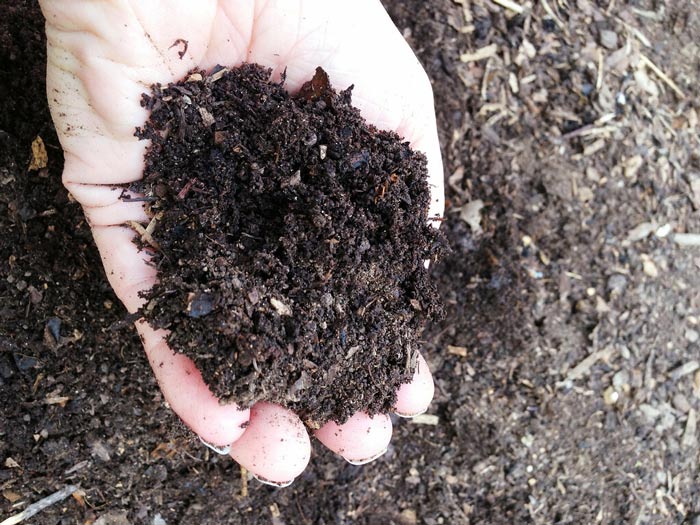
Image source: Flickr uacescomm
Advantages of the Bios Urn® vs human composting
Both human composting and Bios Urn® allow us to give back to the earth that supports us all our lives. But we can still quickly see some inconveniences with this latest green burial alternative.
Geographical availability – “Recomposing” is only currently legal in the state of Washington and in Sweden, so it is still very much limited to certain places in the world. With our own experience of laws relating to what is considered legal to do with human remains, it may be a very long time before human composting is available to all geographically speaking. And in Washington, although it is legal, it is still not actually available to do yet. Maybe because of the investment required to set up a human composting centre. Hopefully things can speed up a bit.
Cost – This may be a biggie. It is hard to get an actual figure should one like to opt for human composting. And transparency is something that we feel is really important when considering your own death or the death of a loved-one. We need all of the information upfront so that we can make an informed decision, especially whilst going through an extremely difficult grieving process. What we were able to find out is that recomposing will “cost more than direct cremation, but less than a conventional burial”. Well a direct cremation means a cremation without a funeral service beforehand. So we are assuming that the cost may therefore be the same or higher than a traditional cremation. This would sadly not make it a very democratic burial option, such as the Bios Urn® which is available for only $140.
Ceremonial – It´s a great green burial option, but what about the ceremonial aspect that many grieving families may want to have? Will a human composting centre be able to offer this? At least with a cremation, it´s an option that is available and that can mean so much to loved-ones.
Tangible and therapeutic – It will be interesting to see what sort of container the human compost is given in. It is highly likely though that it is a container which must be disposed of so that the soil can be poured into the earth. With the Bios Urn® there is no need to take the ashes out as the minimalist urn can be planted directly into the ground. There is definitely a sense of peace knowing that the remains are contained in one safe place and that they will slowly become part of the surrounding soil.
Having said this, we are all for people who believe in changing the current death care paradigm by offering a gentle, humane, and ecological model. Let´s keep up the good work!
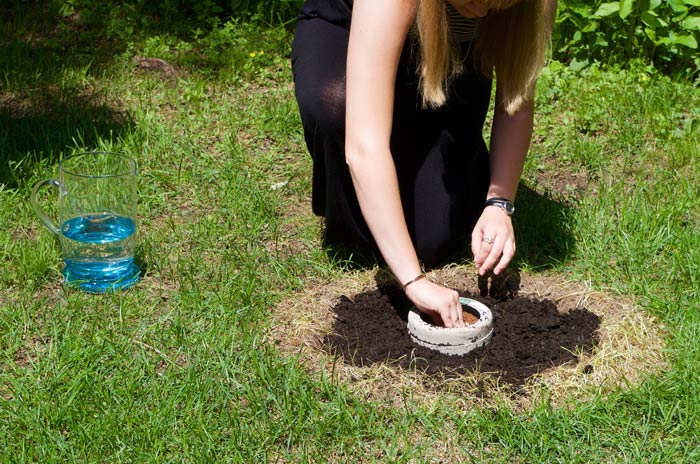
Image source: Bios Urn®
What do you think of human composting vs the Bios Urn®? We would love to hear from you in the Comments section below!
To keep up to date with all the latest Bios Urn® news and stories, you can follow us on Facebook, Instagram, Twitter, Pinterest and YouTube!
Join our mailing list to keep you updated of all Bios® news and get a 10% Discount!

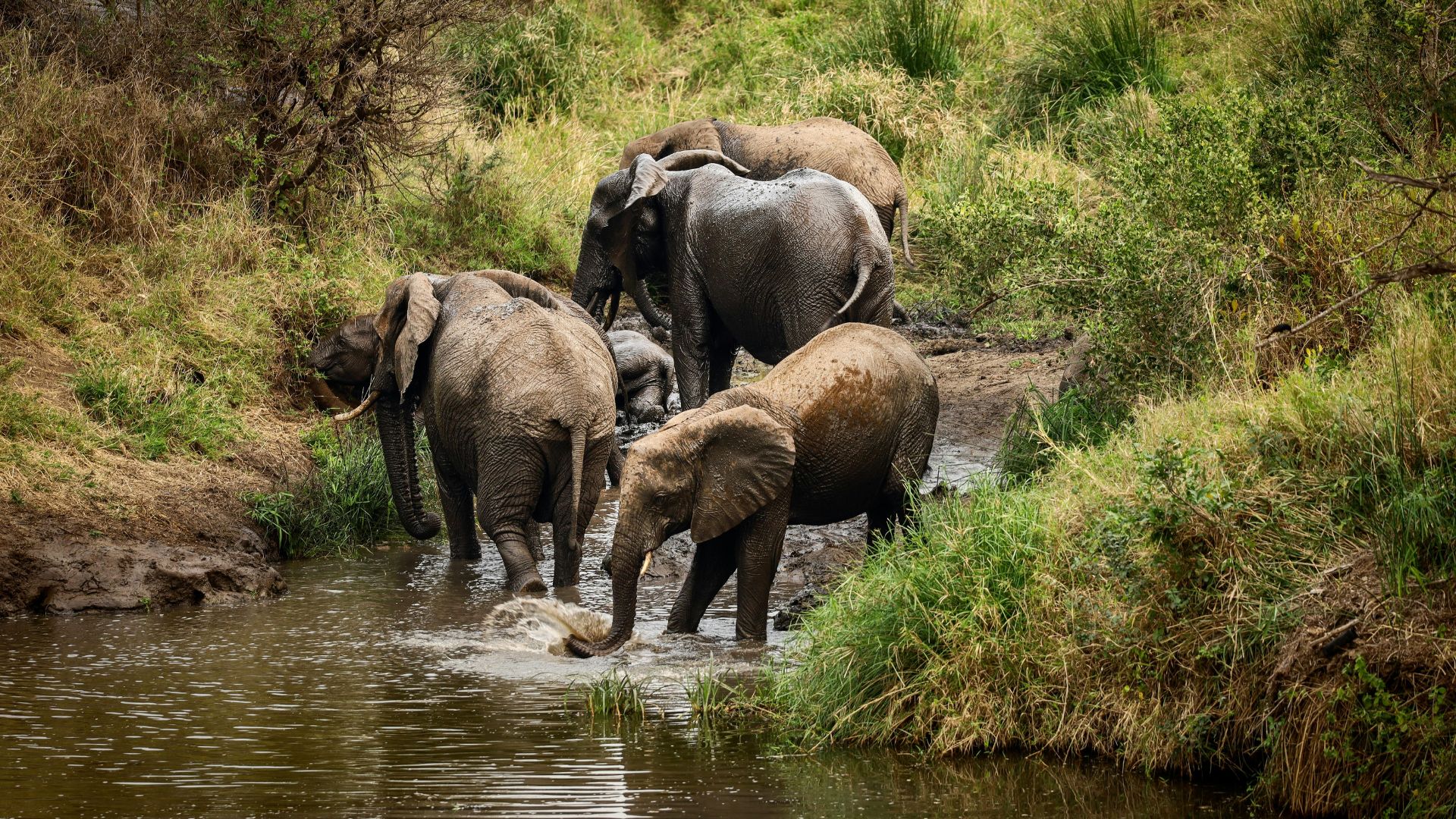

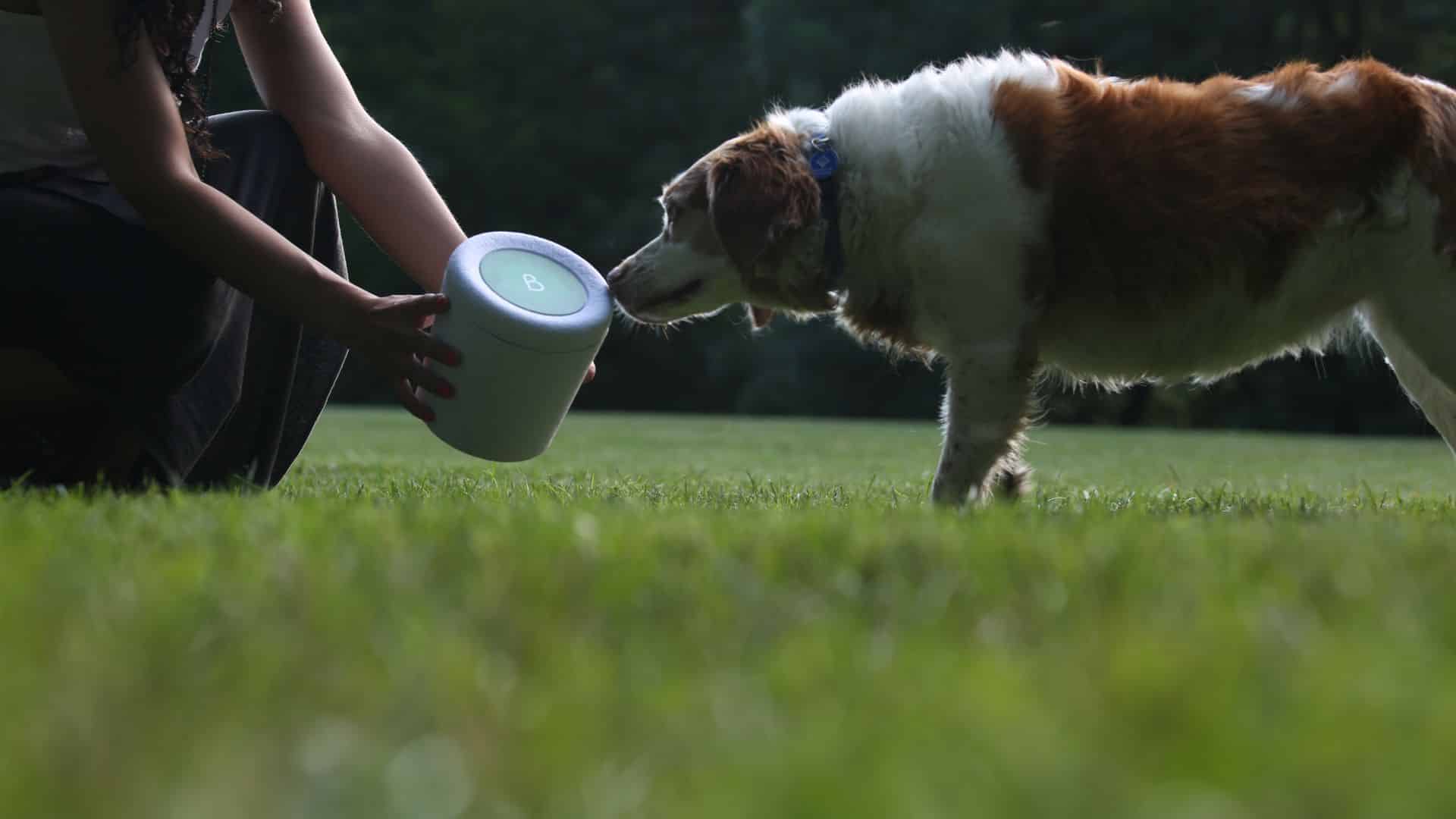


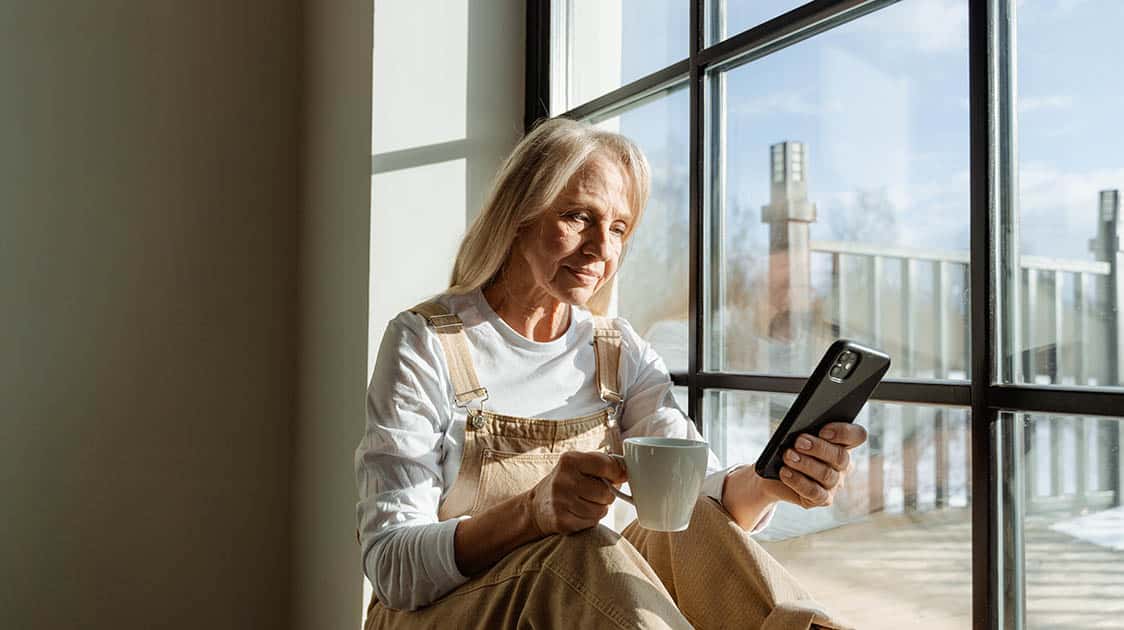
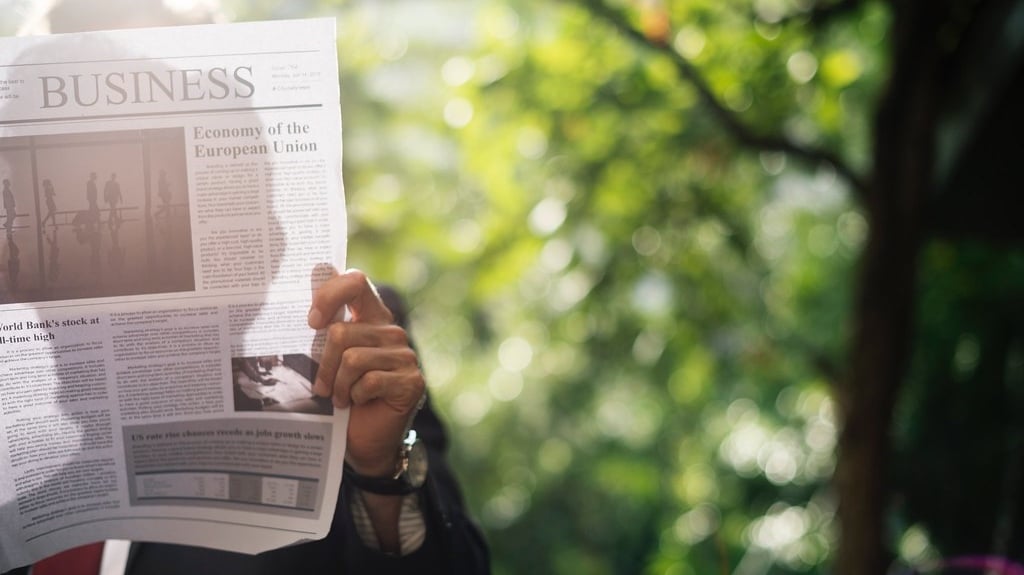
Leave a Reply